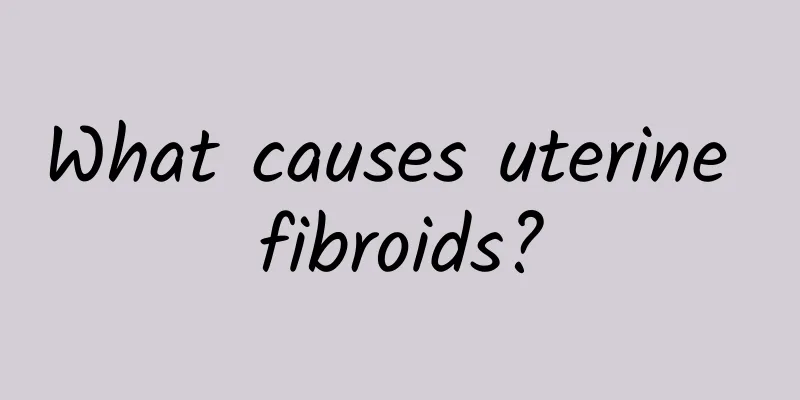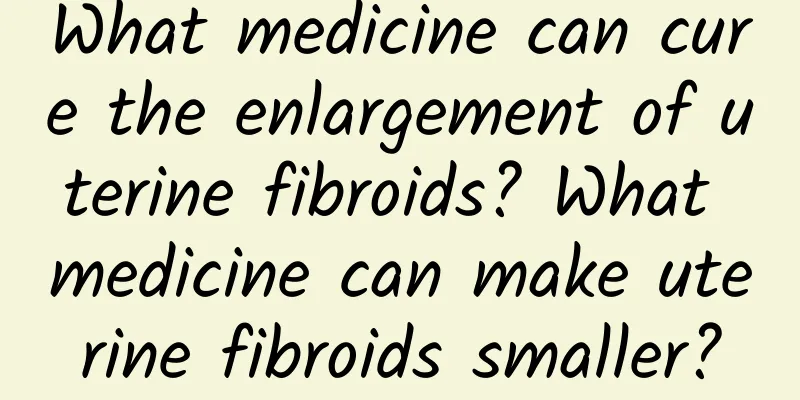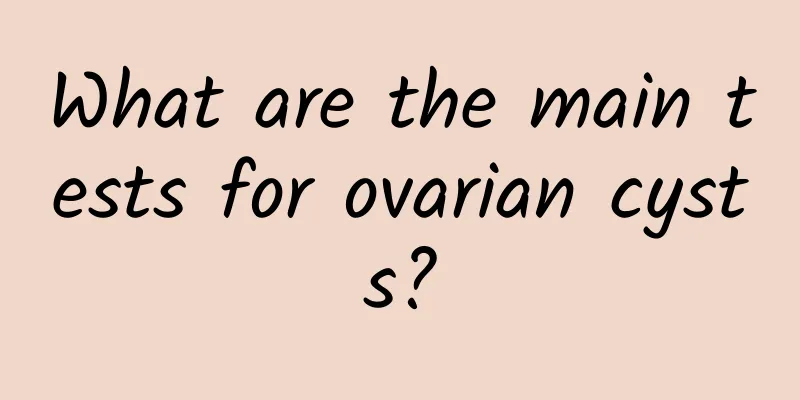Can endometriosis be cured?

|
Endometriosis is treatable, but it cannot be completely cured. Treatment is mainly aimed at relieving symptoms, improving quality of life and enhancing fertility. Depending on individual circumstances, medication, surgery or assisted reproductive technology can be chosen. 1. Drug treatment: Drug treatment for endometriosis mainly reduces symptoms by suppressing estrogen levels. Common drugs include: Nonsteroidal anti-inflammatory drugs (NSAIDs): such as ibuprofen or naproxen, are used to relieve menstrual cramps and chronic pelvic pain. Oral contraceptives: Long-term use of combined oral contraceptives can effectively inhibit the growth of endometriosis foci and thus relieve symptoms. Hormonal drugs: such as gonadotropin-releasing hormone (GnRH) agonists and progesterone drugs, reduce the growth of ectopic endometrium by inhibiting ovarian function. Drug treatment is suitable for patients with mild symptoms or who are not suitable for surgery, but symptoms may recur after stopping the drug. 2Surgical treatment: When drug treatment is ineffective or symptoms are severe, surgical treatment may be an option. It mainly includes: Laparoscopic surgery: remove ectopic lesions or restore the anatomical structure of reproductive organs through small incisions with minimal trauma and quick recovery. Hysterectomy: Suitable for seriously ill patients who do not intend to preserve their fertility. Conservative surgery: For young patients who wish to become pregnant, surgery that preserves organs and fertility function is preferred. After surgical treatment, drug treatment is still needed to prevent recurrence. 3 Assisted reproductive technology: For women with infertility due to endometriosis, assisted reproductive technology, such as artificial insemination or in vitro fertilization, can be considered to improve the chances of pregnancy. A scientific lifestyle can also help alleviate the condition. For example, maintaining a healthy diet, consuming more foods rich in antioxidants such as green leafy vegetables and fish, exercising moderately to improve immunity, and learning to relieve stress can also help improve symptoms. Endometriosis is a chronic disease, but through individualized treatment and lifestyle management, symptoms can be effectively controlled and the quality of life can be improved. If you experience symptoms such as severe menstrual pain and infertility, you should seek medical attention in a timely manner, get a clear diagnosis, and choose an appropriate treatment plan. |
<<: Ovarian cancer risk due to premature ovarian failure
>>: The main causes of hydatidiform mole
Recommend
How much does Chinese medicine for dysmenorrhea cost?
Dysmenorrhea can be treated with traditional Chin...
Should your knees not go beyond your toes when squatting? Chiropractor Dr. Zhang Xuanbin reveals: 3 principles of correct squatting
The benefits of "squats" include streng...
Bacterial vaginosis treatment prices
In life, many female friends are busy with work a...
What causes adnexitis?
Adnexitis is mainly caused by bacterial infection...
How to cure infection after abortion
How to cure infection after abortion? Although ab...
Eat pumpkin to lose weight. Learn these three recipes easily.
[Key Points]: Pumpkin is nutritious and healthy, ...
Does cervicitis need treatment?
Whether cervicitis needs treatment depends on the...
Will cervical erosion recur after surgery?
Will cervical erosion recur after surgery? If the...
The best and fastest treatment for endometrial tuberculosis
Endometrial tuberculosis is a common gynecologica...
What to do if your vagina is abnormal and your vulva is itchy? Keep your underwear clean
The vast majority of women have experienced abnor...
Women with ovarian dysfunction can eat these foods to regulate
In modern society, women are no longer a vulnerab...
How to treat multiple uterine fibroids? What is the traditional Chinese medicine treatment method for multiple uterine fibroids?
What is the method of TCM to treat multiple uteri...
Malignant uterine fibroid bleeding symptoms
Symptoms of bleeding from malignant uterine fibro...
What are the harms of artificial abortion?
Artificial abortion can cause great harm to women...
Love to use domestic products! The government is keeping a close watch on agricultural products, so you can enjoy them with peace of mind
In order to promote Taiwan's high-quality agr...









